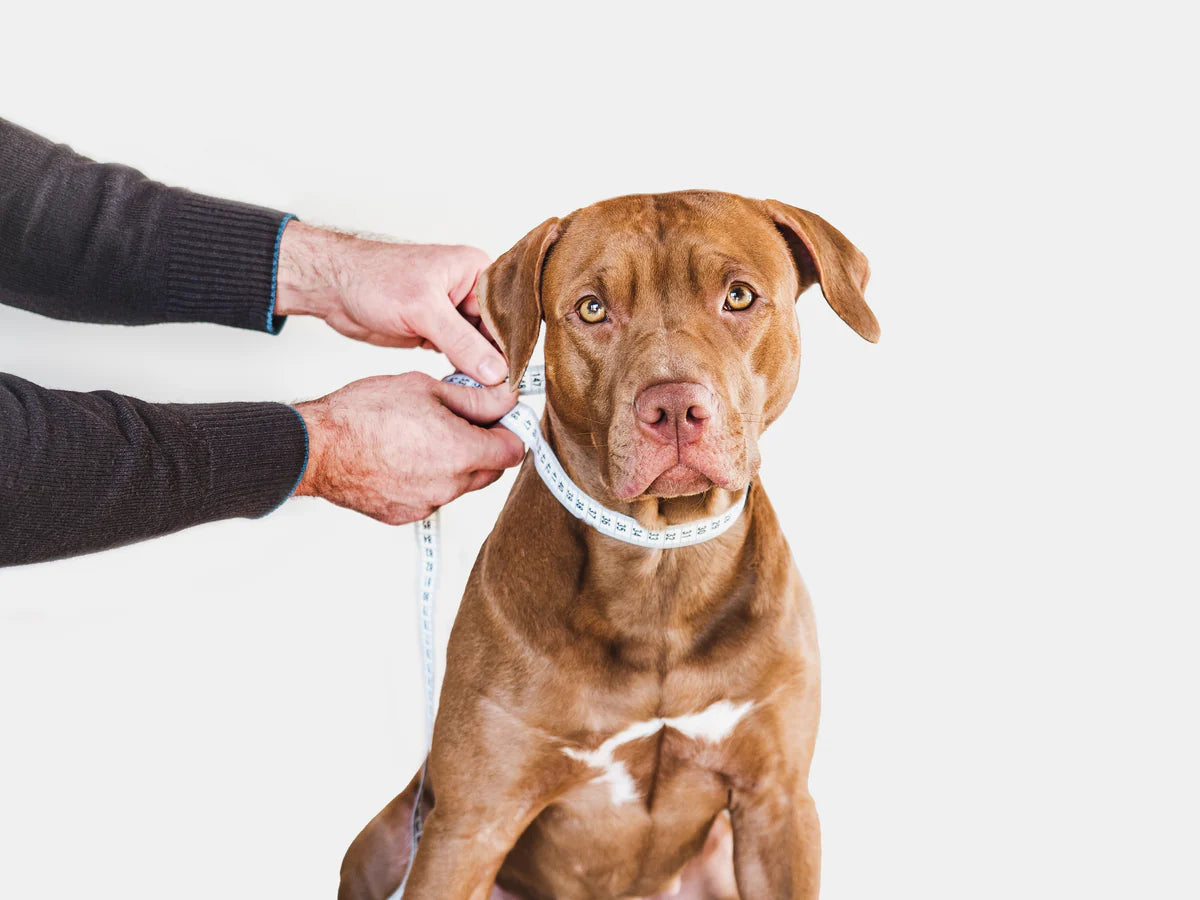1. Genetic Predisposition
Cats’ love for sleep can be traced back to their genetic makeup. In the wild, cats are natural predators, typically hunting during dawn and dusk. The rest of the time, they conserve energy by sleeping. Even though domesticated cats don't need to hunt for their meals, their genetic programming still prompts them to follow these sleep patterns.
2. Energy Conservation
Another reason cats sleep a lot is to conserve energy. They often indulge in short naps, or catnaps, lasting up to thirty minutes. During these naps, cats remain alert to their surroundings, their ears twitching at sounds and their tails flicking occasionally. This light sleep allows them to be ready to spring into action at any moment. However, their deep sleep phases are brief, just a few minutes at a time.
3. Boredom
Cats also sleep out of boredom. When their human companions are busy, cats might lose interest in playing alone and choose to sleep instead. Keeping them entertained with toys from FluffnStuf can help. Cats enjoy games like fetch, chase, and hide-and-seek, which keep them active, happy, and healthy. These activities also provide mental stimulation and strengthen the bond between you and your feline friend, ensuring they get a good night's sleep.
4. Stress
Excessive sleep can be a sign of stress in cats. Changes in their environment or routine can make them anxious or depressed, leading to increased sleep. Observing your cat’s behavior closely can help identify the source of stress. If your cat seems lethargic or overly sleepy, it might be time to consult your veterinarian. They can help determine if there's a need for medical intervention or changes in the cat’s environment.

5. Illness
Sickness can also cause cats to sleep more. Pain or discomfort might make your cat prefer staying in bed longer. Overweight cats may also sleep more due to the strain excess weight puts on their bodies. If you suspect your cat is sick or experiencing pain, a visit to the veterinarian is crucial for a thorough health check-up.
6. Weather Changes
Weather can significantly influence a cat's sleep patterns. During cold or rainy weather, cats, much like humans, prefer to stay cozy and warm, leading to longer sleep hours. Seasonal changes can have a noticeable impact on your cat’s sleeping habits.
7. Health Maintenance
Cats prioritize rest to maintain their health. Unlike humans, cats sleep whenever they feel the need to, ensuring they get adequate rest to stay healthy. They might sleep more than 15 hours a day to keep their energy levels balanced and their bodies in good condition.
Conclusion
Cats are known to sleep more than 15 hours a day, driven by their need to conserve energy, genetic predisposition, and other factors. While domesticated cats don’t need to hunt, they retain the sleep patterns of their wild ancestors. If your cat is sleeping more than usual, it’s important to monitor them for any signs of underlying health issues or stress. Consult a veterinarian for a health check-up if necessary. Ensuring your cat has plenty of engaging activities and quality time with you can help alleviate boredom and stress, bringing their sleep patterns back to normal. FluffnStuf toys and interactive play can make a significant difference in their overall well-being.




Leave a comment
This site is protected by hCaptcha and the hCaptcha Privacy Policy and Terms of Service apply.